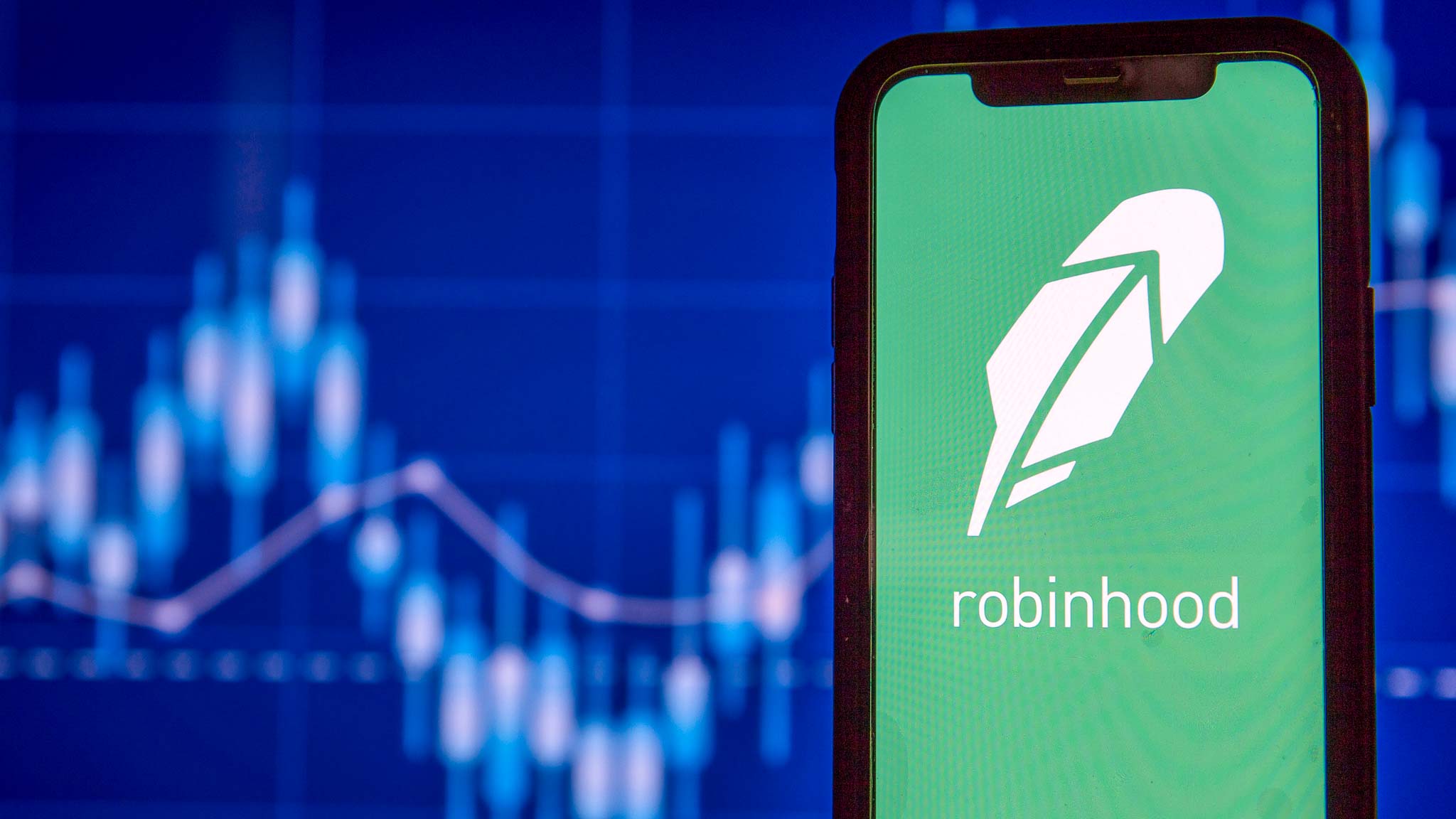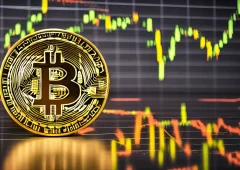Robinhood Eyes Blockchain Leap to Tokenize Wall Street for Europe
09.05.2025 11:00 1 min. read Alexander Stefanov
Robinhood appears poised to make its boldest move yet: bringing U.S. financial markets to Europe through the power of blockchain.
According to insider reports, the company is building a platform that would let European investors trade blockchain-based versions of U.S. stocks and ETFs.
Instead of simply listing digital assets, Robinhood aims to repackage traditional securities into tokenized formats — enabling faster, round-the-clock trading and cutting out many of the barriers that currently limit cross-border investing. Over 8,000 U.S.-listed stocks could eventually become accessible to a new wave of European traders.
While it’s unclear whether Robinhood will use Ethereum, Solana, Arbitrum, or another network as its foundation, the effort puts the company alongside established financial players like Franklin Templeton and Apollo, who are also diving into tokenized assets.
This ambition comes on the heels of Robinhood’s purchase of Bitstamp, a long-standing crypto exchange in Europe — a clear signal that the platform is serious about scaling crypto-finance infrastructure.
Should the project succeed, it may not only redefine how investors abroad access American markets but also light a fire under the tokenization trend and provide new momentum for blockchain adoption across traditional finance.
-
1
Chainlink Partners With Westpac and Imperium to Tokenize Finance in Australia
17.07.2025 21:00 1 min. read -
2
Solana Plans 66% Block Upgrade to Boost Network Capacity
24.07.2025 20:40 2 min. read -
3
Vietnam Launches National Blockchain to Digitize Government and Citizen Services
25.07.2025 16:36 2 min. read -
4
Wall Street Moves Onchain: Tokenized Finance Enters its Breakout Era
25.07.2025 18:32 2 min. read -
5
Top 10 AI and Big Data Crypto Projects by Development Activity
01.07.2025 19:00 2 min. read
Wall Street Moves Onchain: Tokenized Finance Enters its Breakout Era
The tokenization of real-world assets (RWAs) has entered a new phase in 2025—no longer a concept, but a confirmed trajectory.
Vietnam Launches National Blockchain to Digitize Government and Citizen Services
Vietnam has officially launched NDAChain, a national blockchain infrastructure designed to underpin its digital transformation strategy.
Solana Plans 66% Block Upgrade to Boost Network Capacity
Solana developers have introduced a new proposal aimed at pushing the network’s performance even further.
Chainlink Partners With Westpac and Imperium to Tokenize Finance in Australia
Chainlink has announced a major institutional partnership with Westpac Institutional Bank and Imperium Markets as part of Project Acacia—a joint initiative involving the Reserve Bank of Australia and the Digital Finance Cooperative Research Centre (DFCRC).
-
1
Chainlink Partners With Westpac and Imperium to Tokenize Finance in Australia
17.07.2025 21:00 1 min. read -
2
Solana Plans 66% Block Upgrade to Boost Network Capacity
24.07.2025 20:40 2 min. read -
3
Vietnam Launches National Blockchain to Digitize Government and Citizen Services
25.07.2025 16:36 2 min. read -
4
Wall Street Moves Onchain: Tokenized Finance Enters its Breakout Era
25.07.2025 18:32 2 min. read -
5
Top 10 AI and Big Data Crypto Projects by Development Activity
01.07.2025 19:00 2 min. read


